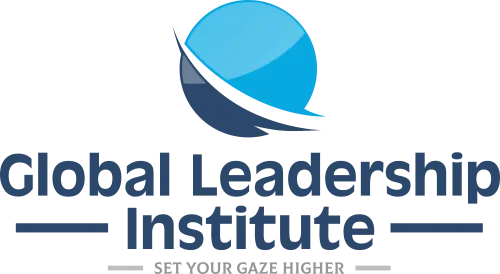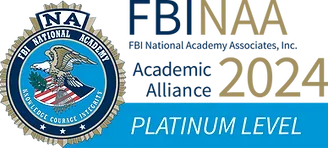PURPOSE
This policy outlines Global Leadership Institute (GLI) processes for engagement, management, responsibilities and governance of partnerships and third party arrangements.
SCOPE
All partnerships and third party arrangements.
DEFINITIONS
Partnership: a formal relationship between GLI and another organisation to achieve specified objectives and to carry on a business arrangement in common with a view to profit.
Third Party Arrangement: an arrangement where GLI’s accredited courses are delivered under an agreement with a third party, either in Australia or overseas. This comprises all modes of delivery including online delivery.
Academic cooperation partnerships: arrangement where GLI participates in academic cooperation but does not undertake any form of educational delivery e.g. credit transfer, articulation, staff and student mobility including exchanges, hosting staff and students from other facilities.
Industry partnerships: formal arrangements with industry partners that GLI uses to facilitate activities such as work placement, research training and accreditation.
Government partnerships: formal arrangements with a government including their entities and including international governments.
Research partnerships: any formal engagement with another entity either in Australia or overseas where the main purpose is to facilitate research engagement.
PRINCIPLES
When developing and approving partnerships, GLI will be guided by the key principles of:
· alignment and the partnership and proposed outcomes with the GLI Strategic Plan;
· protection and enhancement of GLI’s local and international reputation and brand;
· maintenance of GLI standards;
· relevance to curriculum, assessment and graduate outcomes;
· due consideration of financial and business risk and ventures;
· compliance with relevant legislation and regulatory requirements both locally and internationally;
· compliance with GLI policies;
Following approval from GLI Governing Board, the President will be responsible for the management of the partnership.
ROLES AND RESPONSIBILITIES
1. First Nations Peoples Partnerships
Any partnership that involves First Nations Peoples organisations, communities or groups will need endorsement of Governing Board.
2. Partnership Management
All partnership arrangements will be managed by the President supported by academic and administrative staff and will need to be authorised by Governing Board.
3. Proposal, Establishment and Approval
A proposal for the establishment of third party agreements will be tabled by the President to Governing Board for approval and may require legal acceptance for finalising the partnership agreement. International institution agreements and establishment will also need to meet legal requirement of the countries concerned.
Scope
Whole Institute and partnerships
Key Stakeholder
All staff, students and partners
Proceedure
In accordance with legislation, regulations and GLI policies, the President will:
· oversee the delegated staff managing the partnership arrangement;
· keep accurate records on the partnership arrangement and agreement on the appropriate records management system;
· ensure the contract management requirements are of GLI;
· ensure all financial arrangements are properly managed;
· ensure that third party enquiries are properly managed;
· ensure any legal issues are managed by the legal advisor to GLI;
· ensure terminations of contracts are managed by legal advisor and with the best interests of GLI‘s and its students and will consider teaching responsibilities, legal, financial and reputation implications and complies with legislative and regulation requirements;
· report annually to Governing Board on the delivery and cooperation of the partnership arrangements for the previous year. The annual report may cover partner visits, reports, strategic value to GLI, and outcomes for the year, student enrolments and outcomes, financial performance, issues raised by the partners and any quality assurance matters.





